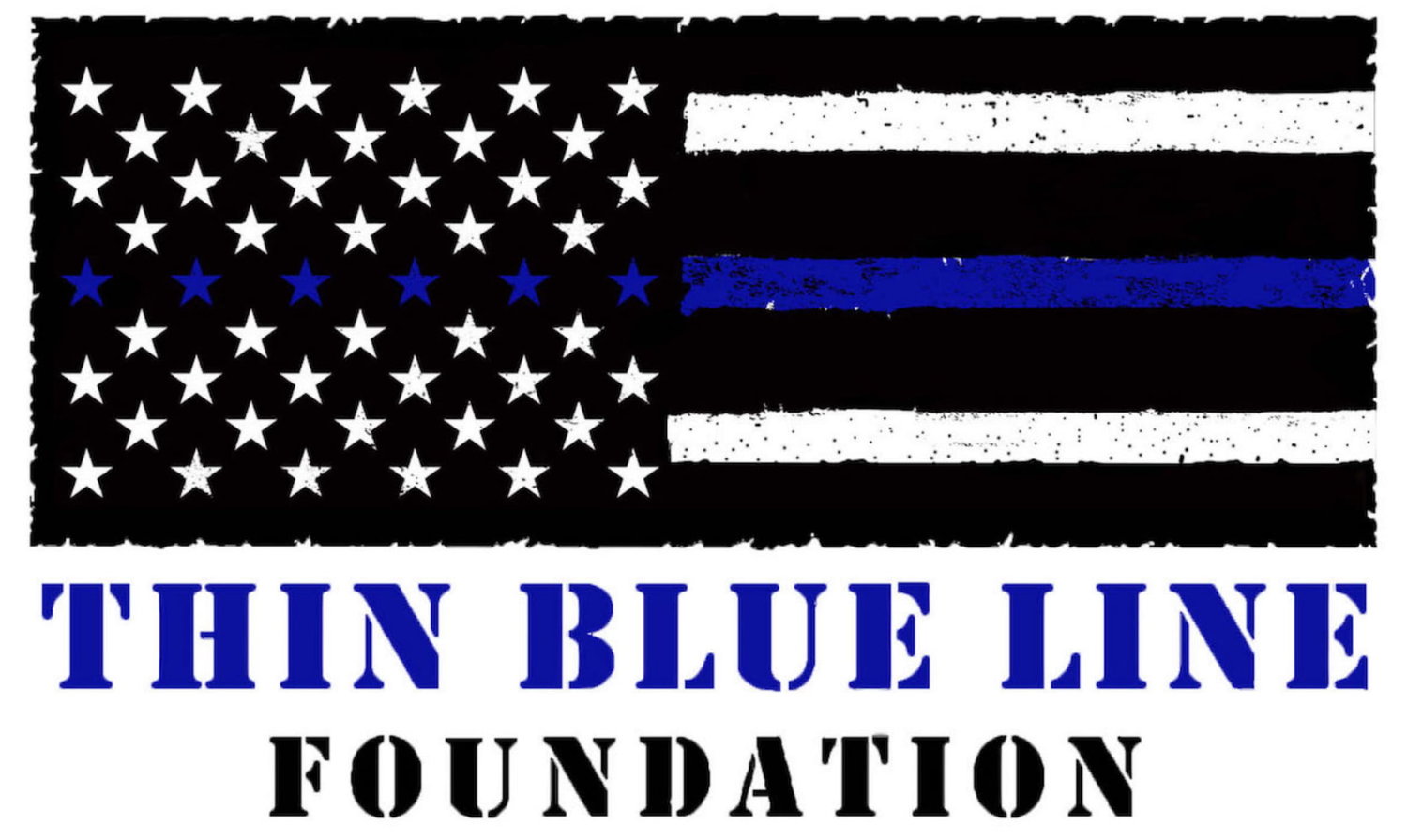Grief
GRIEF IS A NORMAL, NATURAL, AND NECESSARY PROCESS OF
HEALING FOLLOWING A PERSONAL AND SIGNIFICANT LOSS.
GRIEF IS NORMAL.
All of us grieve after a personal loss. Grief is a normal, common experience, and the tears, sadness and pain of mourning are common to all who suffer a significant loss, particularly the loss of a loved one, friend or co-worker.
GRIEF IS A HEALING PROCESS.
The time it takes for emotional wounds to heal varies from person to person, and from loss to loss. But grief is always a process, like a road that one must travel. And as we travel that road, slowly but surely the pain and the sadness will subside. It is important to know that. Grief is a healing process.
PEOPLE WHO ARE GRIEVING SHARE COMMON FEELINGS.
You may share some or all of these feelings. There is no specific order.
Numbness or Denial
It is very difficult to accept the reality of a severe loss, particularly in bereavements of disaster (due to the sudden, unexpected nature of the tragic event). Numbing and denial are very normal ways we protect ourselves emotionally - a period of "resting" - while preparing to deal with the loss.
Distress and Anger
Once the loss of death is confirmed and accepted, the numbness slowly subsides, and the grieving person begins to suffer the normal distress of the loss or separation. Often intense, this distress can be very painful, and may be experienced in physical ways such as weakness, fainting, difficulty breathing, and gastrointestinal discomfort.
It is very normal to feel anger, protesting the loss. Because disaster losses or deaths are sudden, untimely and pointless, this anger can be intense. Since it is the anger of frustration, it is usually misdirected. But the anger is a normal
response. Acknowledge it, accept it as normal, talk it out with a caring "listener." Or express it in non-destructive ways (hit a pillow, smash something useless, get off to yourself and yell and scream). As your hurt heals, your anger will go away.
Guilt
It is not uncommon to blame yourself in some way. One common response is to feel guilty that you survived, while another did not. Many feel guilty about things they did or things that they failed to do("If only I had..."). This is very normal. Express your guilt feelings, and know you will move beyond them. Although painful, this is only a stage along the road of emotional recovery.
Depression
You may feel exhausted or mentally drained. You may find it difficult to concentrate or to think clearly. This is normal. Proper rest, good nutrition and exercise will help. And begin to take small steps to get involved in life again. List some things you'd like to do. Set some new goals. Take one thing at a time.
Loneliness
You may feel that you are isolated, that no one understands, or that you can't make it without the person you lost. This, too, is a common feeling, shared by many who are moving down the road of emotional healing. It's important to know it is normal to feel this way. As you start getting involved with life again, sharing openly with caring friends who can listen, and making new friends, this loneliness stage will fade away.
Hope
Hope will come again. It may seem impossible now. But this shared, common experience of grief and mourning is a necessary process of healing. Gradually the pain and sadness subside, and you begin to discover more and more "acceptance" that allows you to focus on the future. Remembering becomes less and less painful. You are recovering. Emotional wounds are healing. Life goes on. And life can be good again.
"How Can I Know If I Need Help, Or Professional Assistance?"
Occasionally, some may find the way back just too tough. This can happen when the loss seems to be just too great to ever cope with. Sometimes the hurt is so great that we get
bogged down along the road of the grief process. When this happens, we may need professional assistance to get going again. How do we know when we need this help? What are the indicators we can see in our loved ones (or even in ourselves) that say help is needed?
Chronic grief is intense grief that goes on and on unchanged for many months or years. The stages along the road of the grief process (explained above) do not subside, and some of the responses may even escalate in intensity. You continue to have great distress when anything reminds you of the disaster. This is chronic grief, and indicates a need for professional help.
Depressive illness can sometimes occur. Life may not seem meaningful anymore, or hardly worth continuing. If you or a loved one exhibit prolonged or deepening depression, professional help should be sought.
************************************************************************REMEMBER, many, many others share this experience and have the very same normal feelings of grief that you experience. That does not make your grief "journey" any less painful. But it does help you understand that grief is a common, normal and necessary healing process. You are moving down that road right now. It is important to know that.
The Counseling Team International
1881 Business Center Drive, Suite 11
San Bernardino, CA 92408
(909) 884-0133
www.thecounselingteam.com
